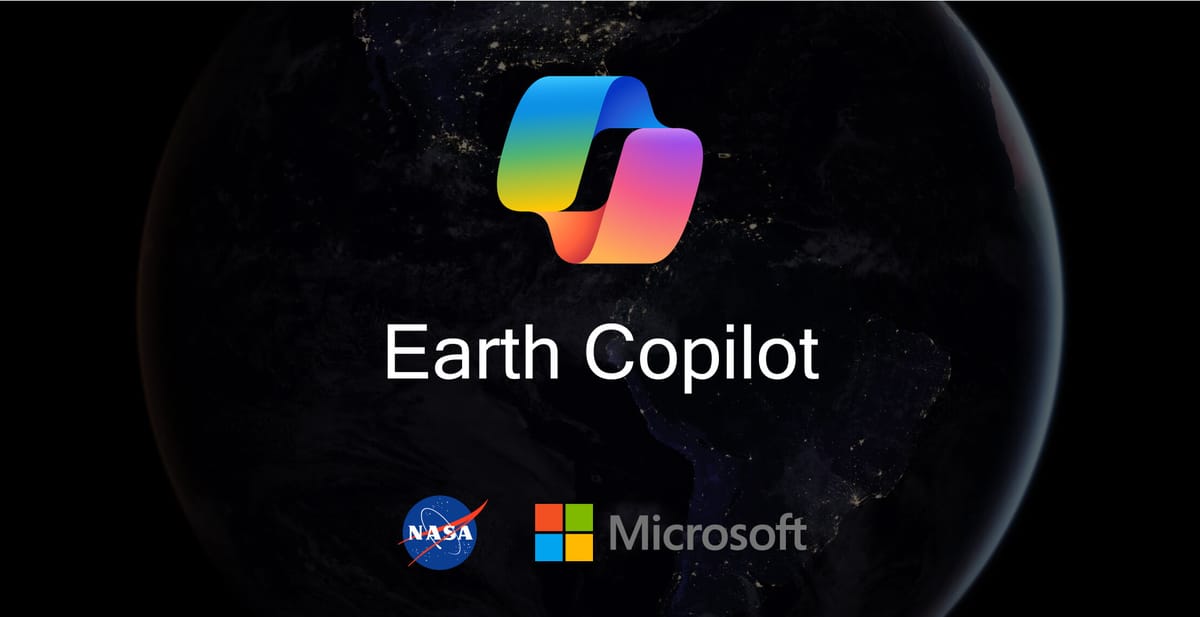
Microsoft and NASA are teaming up to put the power of satellite data at your fingertips. With their new AI tool, Earth Copilot, users will soon be able to ask questions about our planet in everyday language, making it easier than ever to access NASA's massive store of climate and geospatial information.
Why It Matters
NASA collects over 100 petabytes of Earth Science data from satellites that track everything from wildfires to ocean temperatures. Traditionally, navigating this vast trove of data has been challenging, even for experts. Earth Copilot aims to change that by letting users interact with the data as easily as chatting with a virtual assistant.
By opening up this data, Earth Copilot has the potential to help a wider audience—educators, scientists, policymakers, and even the general public—extract actionable insights. Want to know the impact of Hurricane Ian on Sanibel Island? Or how air quality shifted during the pandemic? Earth Copilot can answer those questions in seconds, cutting down what used to take hours of analysis.
How It Works
Earth Copilot, developed with Microsoft’s Azure OpenAI Service, uses natural language processing to simplify complex data retrieval. Instead of poring over data sets and grappling with technical formats, users can ask straightforward questions and get direct answers, thanks to AI that instantly connects to NASA's satellite data repository.
The tool isn’t just about convenience—it's about democratizing data. Minh Nguyen, a Microsoft cloud solution architect, says the goal is "to bring Earth’s insights to communities that have been underserved, where access to data can lead to tangible improvements." In sectors like agriculture, urban planning, and disaster response, having ready access to NASA's geospatial data could mean faster and more informed decision-making.
Who Has Access and What’s Next
Right now, Earth Copilot is being tested by NASA scientists and researchers. The team wants to ensure the AI is accurate and cannot be misused before making it publicly available. Microsoft and NASA haven't announced a release date for wider access, but it’s clear the vision is ambitious—to bring spaceborne insights directly to anyone who needs them, in plain English.
This initiative also forms part of NASA’s larger push for open science, removing barriers to data to make research more collaborative and accessible. By integrating AI into NASA’s data analysis platform VEDA, the potential for discovery—whether by scientists or simply curious minds—grows exponentially.
The Big Picture
NASA and Microsoft are paving the way for a more accessible understanding of our planet. Earth Copilot could change how we learn about, interact with, and respond to environmental challenges. In an era of climate urgency, tools like this can turn mountains of data into insights that matter.

